06
Sep
Can Managed Services save you money?
itro tech tips | facts versus myths
Definition: ‘managed services’ A set, monthly fee is charged for maintenance of a company’s IT systems. A contract is entered between a business and IT provider to monitor and maintain the daily operating performance of desktops, printers, servers and security firewalls for a specified term.*
* ‘Managed Services’ always has contractual exclusions, unlike ‘All Inclusive Services’.
A balanced Managed Services agreement protects and benefits both Contractor and Provider. Use the following questions and tips to help you determine if your current or future Managed Services contract is fair and equitable.
| You – the Contractor |
the Provider |
the Contract |
 |
 |
 |
Key benefit:
Fees are set. Accountants and business owners value the ease and certainty of knowing exactly how much it will cost their business each month to maintain specified IT services and components. |
Key benefit:
Set income stream. |
Key benefit:
Contracting parties, ‘Terms and Conditions’, costs and contractual responsibilities are legally defined, providing a level of legal protection to all signatories and basis for discussion if issues arise. |
| Be Aware |
Be Alert |
Be Informed |
| Set Pricing: Are you getting a better deal? How much money are you currently spending on monthly maintenance? Will swapping to Managed Services save you money? |
Reliability: How long has the IT Provider you are assessing been in business? If your Contract involves paying up front for a 24/36-month term, how confident are you in their business stability? |
Devil in the Detail: Make sure you understand all Contract terms! For example, make sure the term ‘support’ is clearly defined, and that you agree with it. This is a common ‘gotcha’ clause in IT contracts. |
| Be Aware |
- What Services do you want included? Factor in what takes up most of your time, creates employee angst or drains resources. Are/will these be covered by the Managed Services contract?
- Age matters: How old is your equipment? Old and ageing equipment and software generally experience more problems and downtime. Which of your business devices will be covered by a Contract? Would updating your equipment resolve most of your IT problems?
- Cost versus Benefit: Are you being charged too much for the convenience of a monthly fee?
|
| Be Alert |
- Suitability: Does a Provider have experience servicing similar businesses or industries? Can they provide references?
- What size businesses do they generally support (how many users/locations?)
- Have they implemented the solution they are recommending to you before? Or are you their guinea-pig? Do they have a contingency plan should something go wrong?
- If a new solution is being proposed, what guarantees are being provided it will work?
- Can your Cloud and on-premise technologies be supported? What level of experience do the IT engineers have in both fields? Do they support multi-platform sites for clients?
- Are they familiar with special line-of-business applications you use? (It can be a good idea to ask a Provider what version they have experience with.)
- Will your critical/sensitive IT needs be handled in-house, or sub-contracted out?
- Is a Provider willing to work with other providers?
|
| Be Informed |
- Clearly establish how much it will cost you to make changes to your contract (no matter how minor), and what fees and charges are not covered (including ‘all-inclusive’ contracts).
- Who keeps/gains ownership of data stored in the Cloud or transferred off-premise?
- Hours of Support: most IT Providers offer extended support hours. If 24/7 support is being offered, have SLAs on how/where requests will be processed documented. For example, will offshore call centres be utilised? This isn’t necessarily a negative, but you need to understand where your support will come from.
- Response times: check the SLA’s for all levels of support are reasonable and practical for your daily business operations. SLA’s for critical support requests are not usually a problem. However, give the same close attention to ‘non-critical’ or new support requests, like adding a new user to your network. An SLA of 4-5 days to add a new user is poor service and can easily create bottlenecks to your day to day business options
|
A balanced Managed Services agreement not only protects and benefits both Contractor and Provider, it gives a framework for healthy business relationships. So, it is important to get right!
Please take time to assess the above questions so you can determine if your current or future Managed Services contract will give your business and team the support and care they need to do their job.
If you are unsure about whether Managed Services is for you, give itro a call on 1300 10 3000 and ask to speak with Matt or Lucas.





